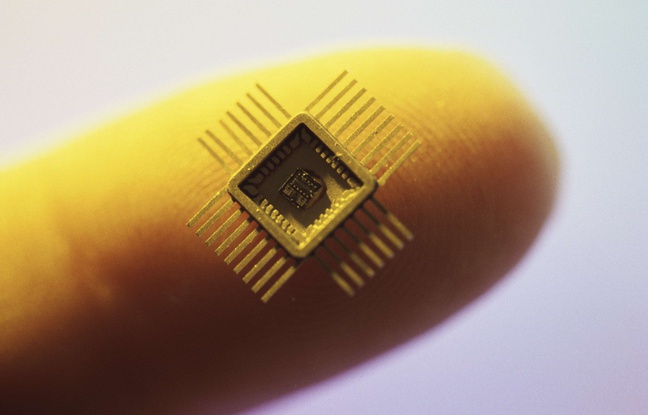The Toulouse Researchers find a way to save Battery Connected Objects

Toulouse researchers have found how to store energy in electronic chips, relieving batteries and extending their lifespan …
At a time when any object of our daily lives becomes “connected”, the great challenge raging in research laboratories is to make them last. And therefore to store energy within the same chip. In that game, the group of Toulouse researcher Patrice Simon , which involves two joint laboratories at CNRS and Université Paul-Sabatier , has entered a decisive stage.
Micro supercondensateur rigide et flexible: nouveau pas vers l’industrie @sciencemagazine https://t.co/RyJh5lsyFF pic.twitter.com/Sjb4FmdIZu
— Chimie au CNRS (@INC_CNRS) February 12, 2016
They have made a tiny “supercapacitor” which has the advantage over its “competitors” to be compatible with industry manufacturing methods. This discovery, the fruit of six years of work, was on Friday given the honours of the prestigious journal Science .
The Usain Bolt of electronics
Basically, the advantage of a supercapacitor is to prevent battery drain prematurely.When a battery can deliver an average current for a given time, the supercapacitor sends a great energy power for a few seconds.
“The battery is a marathon, while the supercapacitor is Usain Bolt who comes to help in a sprint, preventing him from running out,” comments Patrice Simon. According to him, it is already to dream of a smartphone that it would charge only rarely. “It’s a possibility, but our technology is more applicable to small electronic sensors that bloom everywhere,” cautions the researcher, which could give considerably longevity or autonomy.
Enjoyed this? Get the week’s top France stories
One email every Sunday. Unsubscribe anytime.


